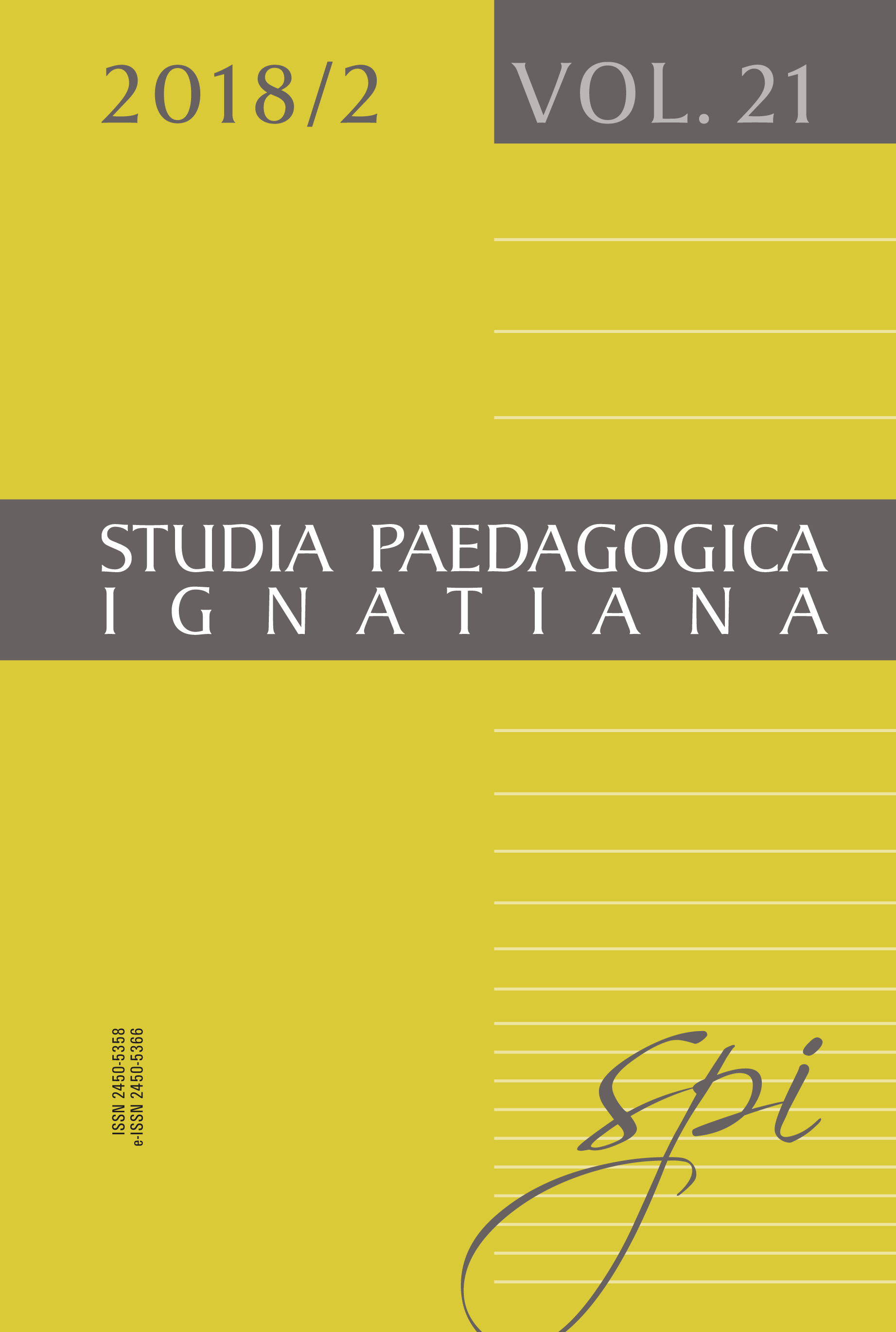Introduction
DOI:
https://doi.org/10.12775/17607Keywords
teacher, pedagog,Abstract
The teaching profession requires constant improvement, learning, as well as work on one’s personal development. The teacher cannot remain in one place and, obviously, one has to admit that Robert Kwaśnica is correct in saying that the teacher must be supported in his or her development, as it is the teacher who influences the students with all his/her being.Since teachers are people burdened with exceptional responsibility—educating young generations, i.e. shaping the future—the task should be fulfilled by the best of the best. As the texts collected in this issue confirm, we can often spot such people. However, the paradox is that practically everyone has access to the job, as “the university education is not a problem for many people, and the personality traits of future teachers are not identified in any way.” What should be done in this situation? How can we change the system of educating teachers? What requirements should be placed before candidates for the job? How can we make sure that educational institutions are provided with teachers whose motto is the Ignatian principle of magis—reaching for more?
References
Ablewicz K. , Hermeneutyczno-fenomenologiczna perspektywa badań w pedagogice, Kraków 1994, s. 46.
Dawid J.W. , O duszy nauczycielstwa, wyd. 3, Warszawa 1946, s. 27. Pierwodruk w: „Ruch Pedagogiczny” 1912 nr 3, s. 49–55; nr 4, s. 65–71.
Dybowska E. , Wychowawca w pedagogice ignacjańskiej, Kraków 2013, s. 173.
Kochanowicz J. , Podręcznik pedagogiki Stefana Sczanieckiego SJ z 1715 roku, Kraków 2001, s. 33.
Królikowska A. , Topij-Stempińska B. , Wizerunek nauczyciela we współczesnym społeczeństwie polskim, „Edukacja Elementarna w Teorii i Praktyce” 2014, nr 4, s. 19.
Kwaśnica R. , Wprowadzenie do myślenia. O wspomaganiu nauczycieli w rozwoju, Wrocław 1994, s. 10.
Szulakiewicz W. , Nauczyciele i ich edukacja. W kręgu idei lwowskiej pedeutologii, Toruń 2017, s. 194.
Śliwerski B. , Pamięć społeczna a historyczna w naukach pedagogicznych, w: Umieszczeni w przeszłości. Pamięć w naukach pedagogicznych, red. W. Szulakiewicz, Toruń 2016, s. 45.
Downloads
Published
How to Cite
Issue
Section
License
By submitting an article, the author declares that:
they are the author of the article (hereinafter referred to as the Work) and:
- is entitled to exclusive and unlimited copyright to the Work,
- is entitled to dispose of the copyrights to the Work.
The Author grants the Jesuit University Ignatianum in Cracow a free, non-exclusive, territorially unlimited license to use the Work in the following fields of exploitation:
- publishing the Work in paper, digital or magnetic form;
- multiplying the work by any method, without limiting the number of editions or copies;
- distribution of the work and its copies in any form, including marketing, sales, lending, and lease;
- placing the work in a computer memory;
- distribution of the work in information networks, including the Internet;
- public performance, exhibition, display, reproduction, broadcasting and re-broadcasting, as well as making the Work available to the public in such a manner that everyone could have access to it at a time and place chosen by themselves;
- within the scope of dependent rights to the Work, covering, in particular, the right to make necessary changes to the Work, resulting from editorial and methodical preparation, as well as to make translations of the Work into other languages.
The license right shall be transferred the moment of transfer of the Work to the Jesuit University Ignatianum in Cracow. The Jesuit University Ignatianum in Cracow is entitled to grant sub-licenses to the Work in terms of the right granted. The license shall be limited in time for a period of 15 years from the date it is granted.
Stats
Number of views and downloads: 421
Number of citations: 0



